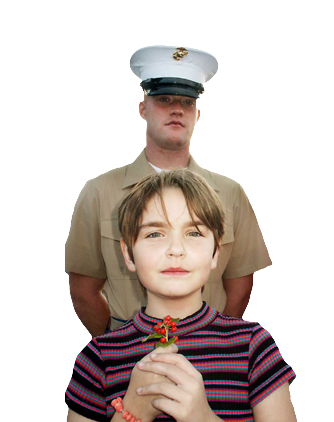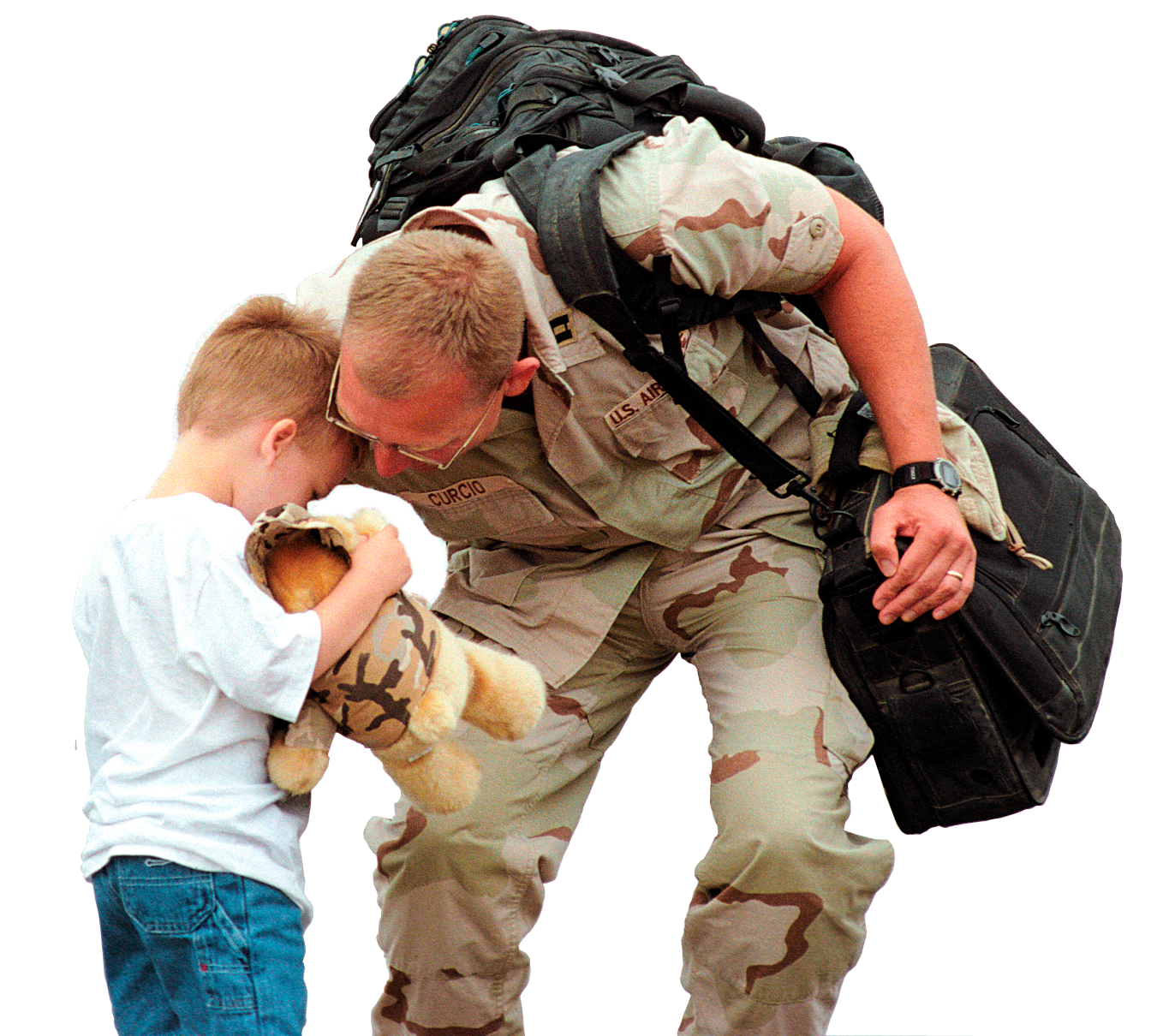[caption id="attachment_4346" align="alignleft" width="300"] Air Force Senior Airman Jordan Gunterman crouches on the ramp of a Kentucky Air National Guard C-130 Hercules at Bagram Airfield, Afghanistan. Gunterman is a 379th Air Expeditionary Wing fly-away security team leader. U.S. Air Force photo by Capt. Erick Saks[/caption] BAGRAM AIRFIELD, Afghanistan – Police officials are crediting the quick actions of a security forces airman here with saving the life of a former co-worker living halfway around the world.
Air Force Senior Airman Jordan Gunterman crouches on the ramp of a Kentucky Air National Guard C-130 Hercules at Bagram Airfield, Afghanistan. Gunterman is a 379th Air Expeditionary Wing fly-away security team leader. U.S. Air Force photo by Capt. Erick Saks[/caption] BAGRAM AIRFIELD, Afghanistan – Police officials are crediting the quick actions of a security forces airman here with saving the life of a former co-worker living halfway around the world.
 Air Force Senior Airman Jordan Gunterman crouches on the ramp of a Kentucky Air National Guard C-130 Hercules at Bagram Airfield, Afghanistan. Gunterman is a 379th Air Expeditionary Wing fly-away security team leader. U.S. Air Force photo by Capt. Erick Saks[/caption] BAGRAM AIRFIELD, Afghanistan – Police officials are crediting the quick actions of a security forces airman here with saving the life of a former co-worker living halfway around the world.
Air Force Senior Airman Jordan Gunterman crouches on the ramp of a Kentucky Air National Guard C-130 Hercules at Bagram Airfield, Afghanistan. Gunterman is a 379th Air Expeditionary Wing fly-away security team leader. U.S. Air Force photo by Capt. Erick Saks[/caption] BAGRAM AIRFIELD, Afghanistan – Police officials are crediting the quick actions of a security forces airman here with saving the life of a former co-worker living halfway around the world.Air Force Senior Airman Jordan Gunterman, a 379th Air Expeditionary Wing fly-away security team leader, led authorities to a former airman's Florida home after he discovered his friend had overdosed on pills in a suicide attempt. Gunterman was working on homework and communicating with his mother through Facebook when he received a cryptic instant message from a former co-worker who recently had been discharged from the Air Force. "I want you to know that you are, inside and out, the most honest guy I have met," Gunterman's friend wrote. The airmen had become friends several months earlier at Kadena Air Base, Japan, where they were assigned to the same unit. Gunterman said his friend had difficulties after returning from an especially challenging deployment. Since coming home from Afghanistan, his friend had begun to drink heavily, became violent at times, and eventually was discharged due to disciplinary issues. Gunterman was puzzled by his friend's uncharacteristic declaration, and he tried to determine the reason for the unusual behavior. When his friend confessed that he had ingested a bottle of pills and had only about an hour left to live, Gunterman sprang into action. "I told him that I loved him like a brother, and so do a bunch of other people," Gunterman said. "I asked him why he would want to hurt us." After his friend failed to respond, Gunterman asked his friend for his phone number. His friend sent the number and asked that he call quickly. Gunterman could not reach his friend, though, so he reached out to a mutual friend, Air Force Senior Airman Phillip Sneed, who was online in Japan. "I told him everything, gave him the number, and he said he would call until [the friend] picked up," Gunterman said. "Now that I had some backup, I went to my chaplain and asked for her help." Air Force Chaplain (Maj.) Kristina Coppinger from the 455th Air Expeditionary Wing worked to help Gunterman in his quest to save his friend. "Senior Airman Gunterman and I had spoken in the past, so he felt comfortable coming to me when he hit a roadblock in his own efforts to help his friend," the chaplain said. "I tried to reach his first sergeant at Kadena to see if he had a home address, and then, we tried to reach a government relay station near West Palm Beach [in Florida] so that we might call the local police department. We also tried to find his friend's stateside address via the Internet." Realizing his friend was running out of time, Gunterman checked in with Sneed over the Internet. Sneed finally had been able to reach their friend over the phone, but said the friend had since passed out and he could hear him sleeping. "I knew he didn't have much time, so I got back on the Internet and searched for anything I could find on my friend," Gunterman said. "I found his hometown news release for graduating basic training, and it gave his parents’ names." Using search engines, Gunterman found an address for them. He called the local police, told them the story and gave them the address. The police dispatched a patrol car to the house, and Gunterman followed up with Sneed. "I told him that help was coming and to keep listening," Gunterman said. "About 10 minutes later, Airman Sneed said he could hear knocking at the door. I told him to scream as loud as he could because he might be on speaker phone. Then, he heard the door get knocked down and heard people asking, 'What pills did you take?'" Gunterman called the police department again and was told that his friend was going to be all right. "The biggest relief came upon me," he said. "The controller working the desk told me our friend would have not lived much longer if it wasn't for us." Air Force Chief Master Sgt. Craig Adams, the 455th Air Expeditionary Wing command chief, said the airmen's actions epitomize the idea of what it means to be a modern day wingman. "This is what being an outstanding wingman is all about," Adams said. "The tenacious, resilient and resourceful effort by Airmen Gunterman and Sneed saved this young man. Their actions show how the younger generation of airmen can use new technologies to achieve the time-honored wingman concept." Coppinger echoed the chief's sentiments. "I believe Senior Airman Gunterman's efforts emphasize the wingman concept, because many others would have given up after hitting multiple roadblocks," the chaplain said. "Many would not have even put forth the effort to begin with. But he chose to get involved and would not give up until he exhausted every possibility. We could all use a friend like him." Since the incident, Gunterman's friend has received professional assistance. He has stopped drinking, and the airman said his friend is doing much better. Dec. 3, 2010: By Air Force Capt. Erick Saks- 455th Air Expeditionary Wing






